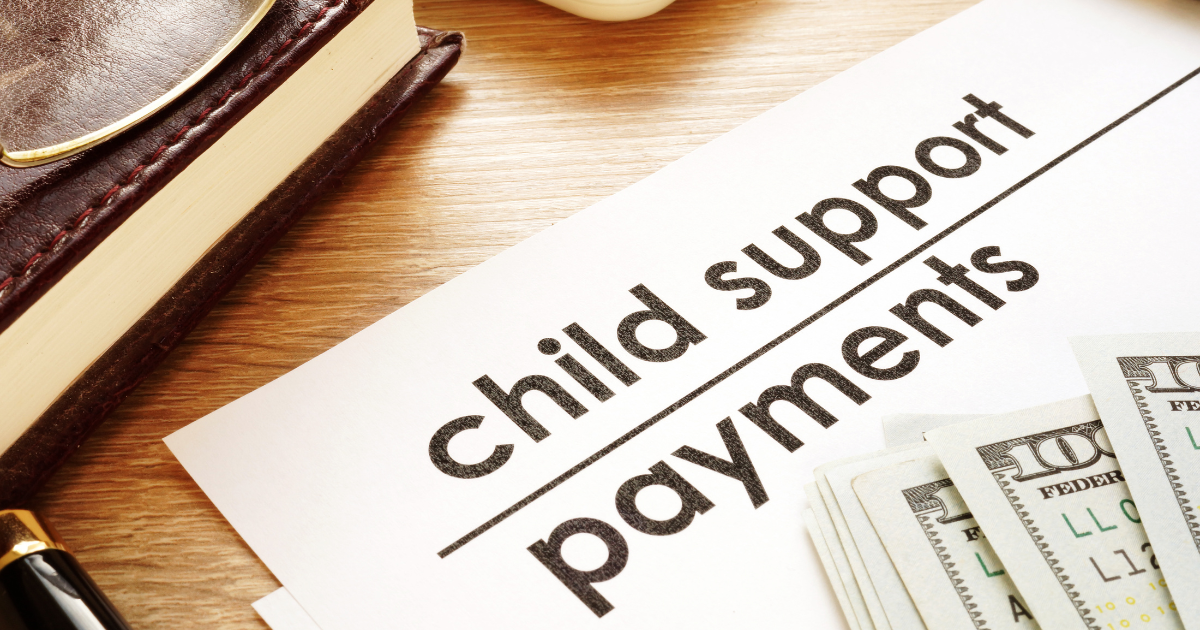When parents separate or divorce, determining who will have custody of their children is often the most emotionally challenging aspect of the legal process. Child custody laws in New Jersey are designed to protect the best interests of children while respecting parents’ rights to maintain meaningful relationships with their sons and daughters. The custody determinations affect every aspect of family life after divorce or separation: where children will live, how parenting time will be divided, and who will make important decisions regarding education, healthcare, and religious upbringing.
An Edison child custody lawyer guides parents through each step of the custody process, helping them create arrangements that serve their children’s needs while preserving parent-child bonds.
What Factors Do Courts Consider When Determining Child Custody?
New Jersey courts examine numerous factors when making child custody determinations. Judges evaluate each parent’s ability to provide a stable home environment and meet the child’s physical, emotional, and educational needs. The court considers each parent’s relationship with the child, including the quality of the bond and history of parenting involvement.
An Edison child custody lawyer recognizes that every family situation is unique and requires individualized consideration. Additional factors include each parent’s willingness to foster a relationship between the child and the other parent, the proximity of parental homes, any history of domestic violence or substance abuse, and the child’s specific needs. Courts also assess each parent’s physical and mental health, work schedules, and available support systems.
How Is Legal Custody Different From Physical Custody?
- Legal custody refers to a parent’s right to make major decisions regarding a child’s upbringing, including choices about education, healthcare, and religious instruction.
- Physical custody determines where a child primarily lives and which parent handles day-to-day care and supervision.
New Jersey courts frequently award joint legal custody, allowing both parents to participate in important decisions. Physical custody arrangements vary widely, from primary physical custody with one parent while the other has parenting time (visitation), to shared physical custody where the child spends substantial time living with each parent. These distinct aspects of custody can be combined in various ways to create arrangements tailored to each family’s circumstances.
What Is Joint Custody and How Does It Work?
Joint custody arrangements permit both parents to share responsibilities for raising their children after separation or divorce. This can take the form of ‘joint legal custody,’ ‘joint physical custody,’ or both. Under joint legal custody, parents must consult with each other and reach an agreement on major decisions affecting their children’s welfare.
Joint physical custody involves children spending significant time living with each parent, though not necessarily equal time. Successful joint custody requires parents to communicate effectively, cooperate in decision-making, and maintain consistent rules and expectations across households. Many New Jersey courts favor joint custody arrangements when appropriate, as they allow children to maintain strong relationships with both parents.
Can Custody Arrangements Be Modified After a Divorce Is Finalized?
Yes, and an Edison child custody lawyer helps families with this. New Jersey courts recognize that families evolve over time, and arrangements made during divorce may need adjustment as children grow and parents’ situations change. To obtain a modification, the requesting parent must demonstrate a substantial change in circumstances and show that the proposed changes would serve the child’s best interests.
Examples of significant changes might include a parent’s relocation, remarriage, health issues, or changes in work schedules. Modifications can also be warranted if one parent consistently violates the existing order or if a child’s needs change substantially. Courts prefer parents to reach an agreement on modifications, but make determinations when necessary.
How Does the Court Determine What Is in the “Best Interest of the Child”?
The “best interest of the child” standard guides all custody decisions in New Jersey. This standard examines factors that affect a child’s safety, happiness, physical and mental development, and emotional well-being. Courts analyze the strength of relationships between children and each parent, the stability of each household, and each parent’s ability to provide for the child’s needs. Judges also consider each parent’s willingness to accept custody responsibilities, history of domestic violence, and ability to cooperate with the other parent. The approach requires courts to evaluate each case individually, recognizing that what constitutes a child’s best interest varies based on age, personality, special needs, and other factors.
What Rights Do Grandparents Have in Custody Situations?
New Jersey law recognizes that grandparents may play important roles in children’s lives. Grandparents can petition the court for visitation rights, but must demonstrate that visitation would be in the child’s best interest. An Edison child custody lawyer helps grandparents seek custody in extraordinary circumstances, such as when parents are unable to care for their children due to substance abuse, incarceration, or severe mental health issues. However, parents maintain constitutional rights to raise their children, and courts generally give substantial weight to parental preferences regarding grandparent involvement.
How Are Child Support and Custody Related?
While child support and child custody are separate legal issues, they are interconnected. In New Jersey, child support calculations consider the custody arrangement, particularly how many overnights children spend with each parent. Parents with primary physical custody typically receive child support, while those with shared physical custody may have adjusted support obligations based on parenting time percentages.
Child support obligations remain distinct from parenting time rights. A parent cannot deny visitation because the other parent is behind on support payments, nor can a parent withhold support because of disagreements about visitation. Both obligations are independently enforceable by the court, as they serve different purposes in providing for children’s welfare.
What Is a Parenting Plan and Why Is It Important?
A ‘parenting plan’ is a detailed document outlining how separated or divorced parents will share responsibilities for raising their children. Comprehensive parenting plans address physical custody schedules, holiday and vacation arrangements, transportation between homes, and decision-making processes for important matters.
An Edison child custody lawyer can help you design a well-crafted parenting plan designed to reduce conflict by establishing clear expectations and procedures. When parents develop plans cooperatively, they often achieve better compliance and satisfaction than when courts impose arrangements. Our guidelines for parenting plans emphasize flexibility to accommodate children’s changing needs as they grow.



